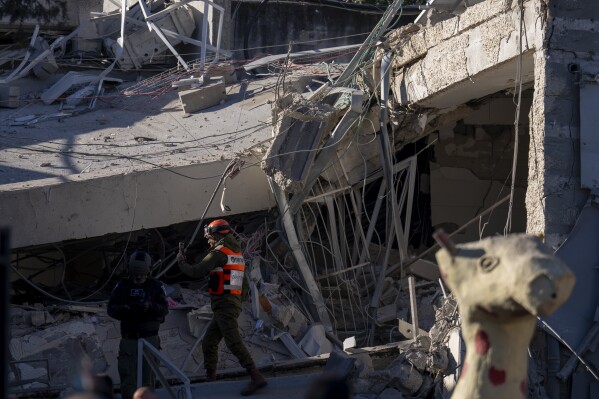
Israeli Airstrikes Hit Yemen’s Main Airport, Fueling Conflict
Israeli airstrikes hit Yemen’s main airport early today, escalating tensions in an already volatile region. The attack, which struck Sanaa International Airport, caused significant damage, rendering the airport temporarily inoperable. Local authorities reported that flights were immediately halted, disrupting both humanitarian aid and commercial operations.
This airstrike marks a sharp increase in military activity in Yemen, which has been embroiled in conflict for years. While the full extent of the damage is still being assessed, reports suggest that the attack targeted the airport’s runways and key aviation infrastructure.
Immediate Impact of the Strike
Following the airstrike, Yemeni authorities closed the airport for an indefinite period. No casualties have been reported, but the strike caused severe damage to airport facilities. Yemen relies on this airport for essential aid, and the closure complicates efforts to provide humanitarian assistance to those in need.
This attack also halts critical air traffic, including medical supplies, which are desperately needed in a country already struggling with war and famine. The strike’s timing, amid an ongoing humanitarian crisis, raises concerns about the further worsening of the situation.
Regional Reactions to the Airstrike
The airstrike on Yemen’s airport has sparked widespread condemnation across the region. Yemeni officials labeled it a violation of international law, while human rights groups expressed concerns about its humanitarian impact. Israel, however, has not yet provided specific details about the motives behind the strike.
Some experts suggest that Israel targeted the airport to disrupt the operations of Iran-backed groups in Yemen, which have been active in the region. Israel has previously voiced concerns about the growing influence of Iran in Yemen and other parts of the Middle East. This may explain their focus on strategic infrastructure like airports and military installations.
Escalating Tensions Between Regional Powers
This attack highlights the deepening tensions between Israel and regional players. Israel’s involvement in Yemen’s conflict is not new. The country has previously carried out strikes on Iranian-backed militia targets in the region. By striking Yemen’s airport, Israel may be trying to prevent further Iranian influence from spreading.
These strikes also signal a continuation of Israel’s broader strategy to combat the influence of its regional adversaries. The move has drawn attention from international observers, who warn that these escalating airstrikes could destabilize an already fragile region even further.
The Humanitarian Crisis Deepens
The conflict in Yemen is one of the world’s worst humanitarian crises. Since 2015, the country has been torn apart by war, with millions displaced and thousands more suffering from hunger, disease, and violence. The closure of Yemen’s main airport adds another layer of difficulty to a country that already faces an uphill battle in securing basic needs for its people.
Yemenis rely heavily on international aid, and disruptions in air traffic only worsen the situation. With roads and infrastructure also affected by the ongoing conflict, the airstrike has limited the ability to provide much-needed resources.
Conclusion: A Path Toward Peace Seems Distant
Israeli airstrikes on Yemen’s airport demonstrate the increasing complexity of the region’s conflicts. As Israel intensifies its involvement, Yemen’s already fragile infrastructure faces more pressure. The destruction of vital facilities like airports only exacerbates the humanitarian disaster, making it more difficult for aid to reach those in need.
International calls for peace and a ceasefire continue, but with each new attack, the prospect of peace grows more distant. Yemen remains stuck in a deadly cycle of violence, with no clear end in sight. The region is left hoping for a diplomatic solution that seems elusive amid the escalating military actions.